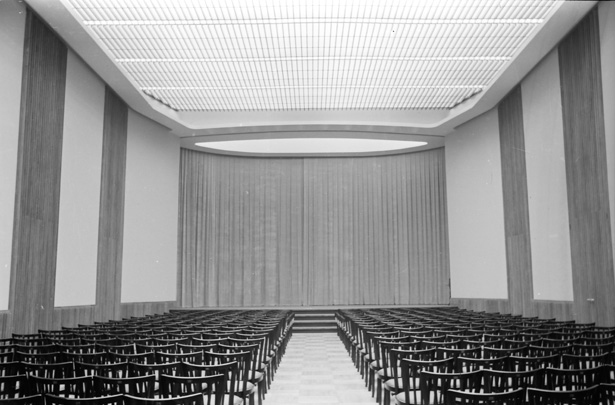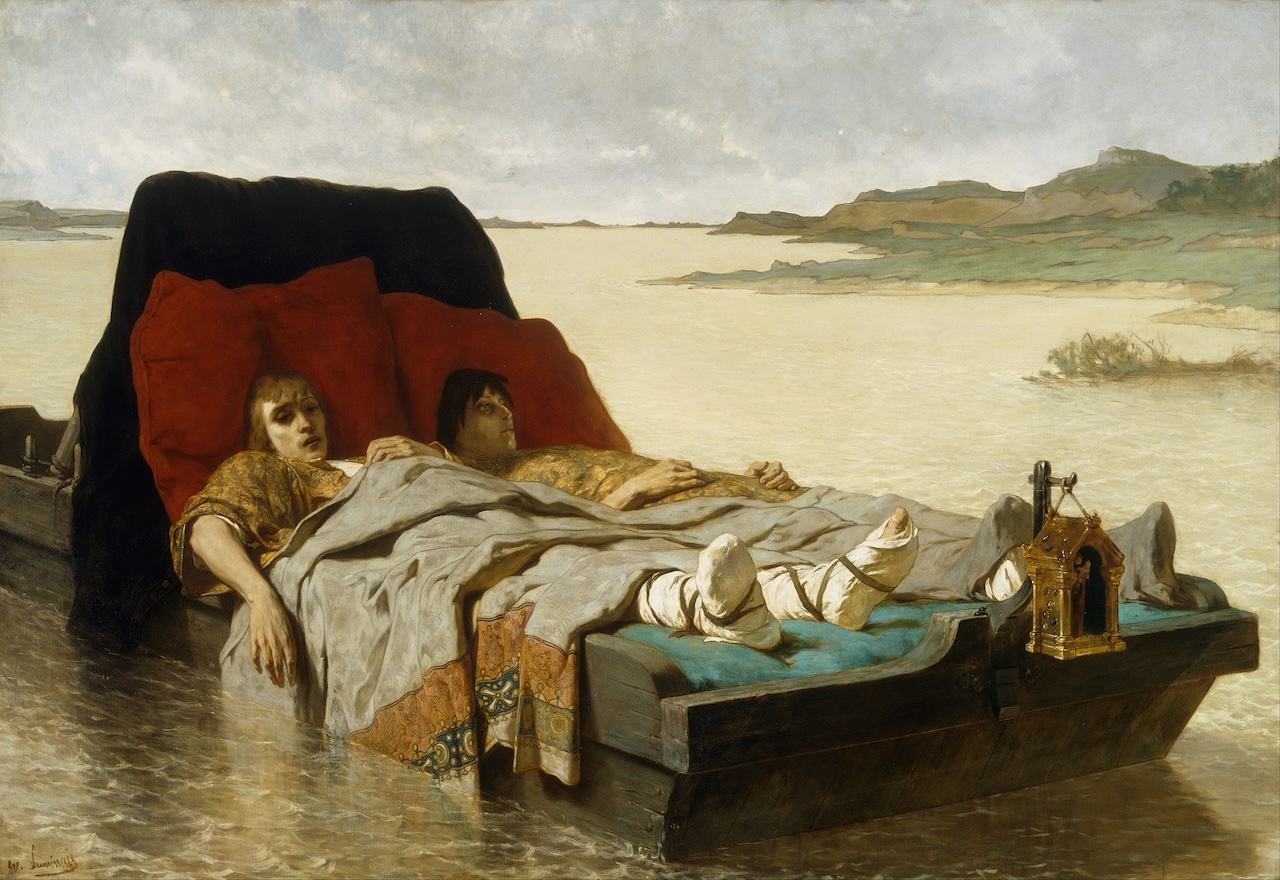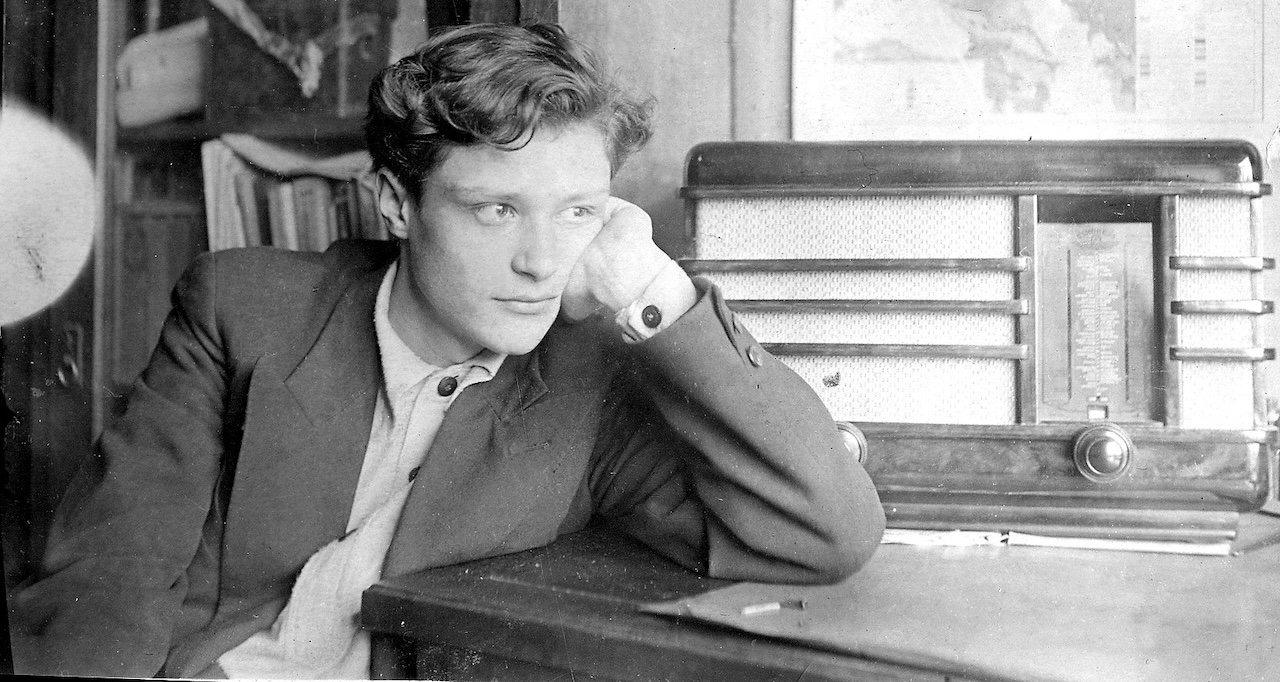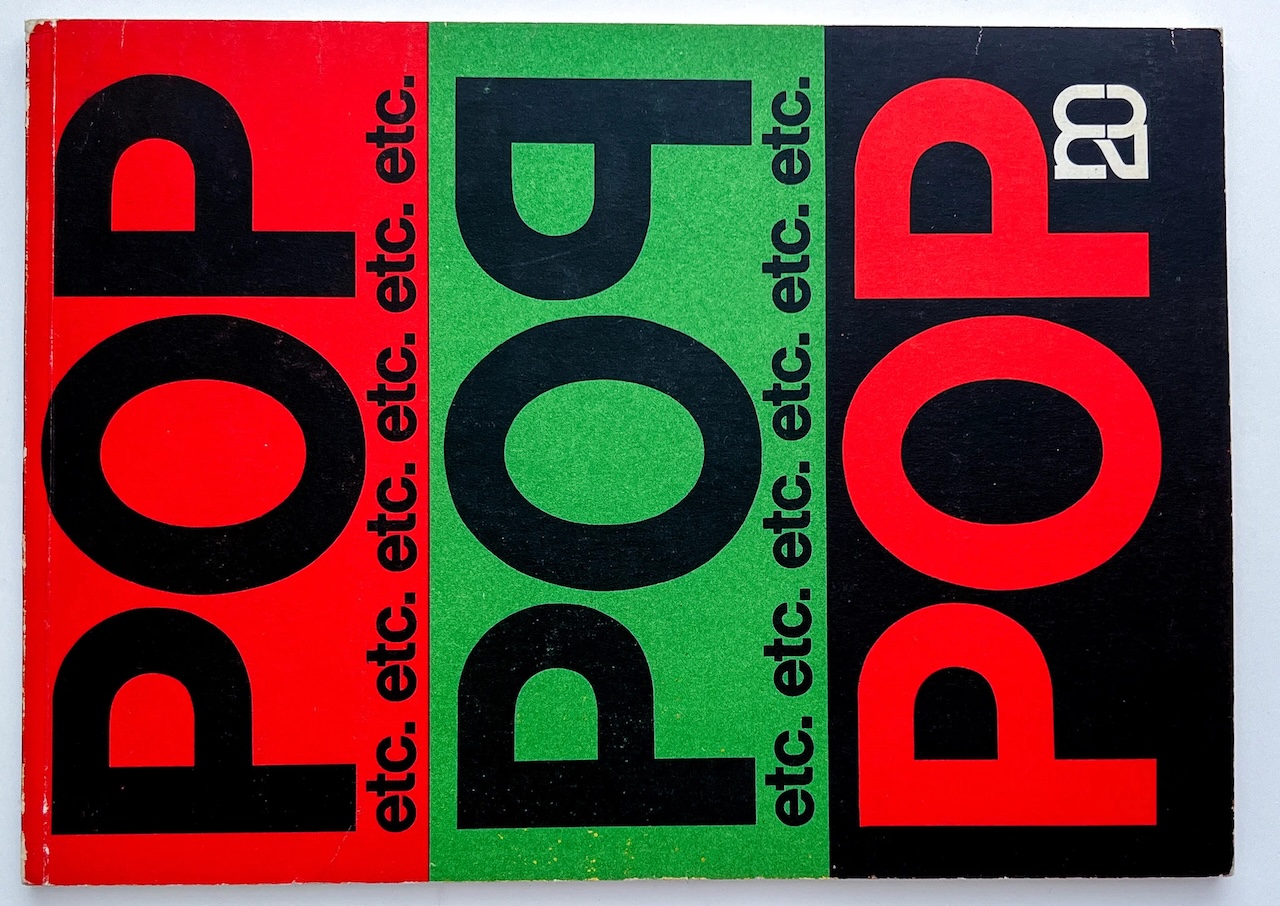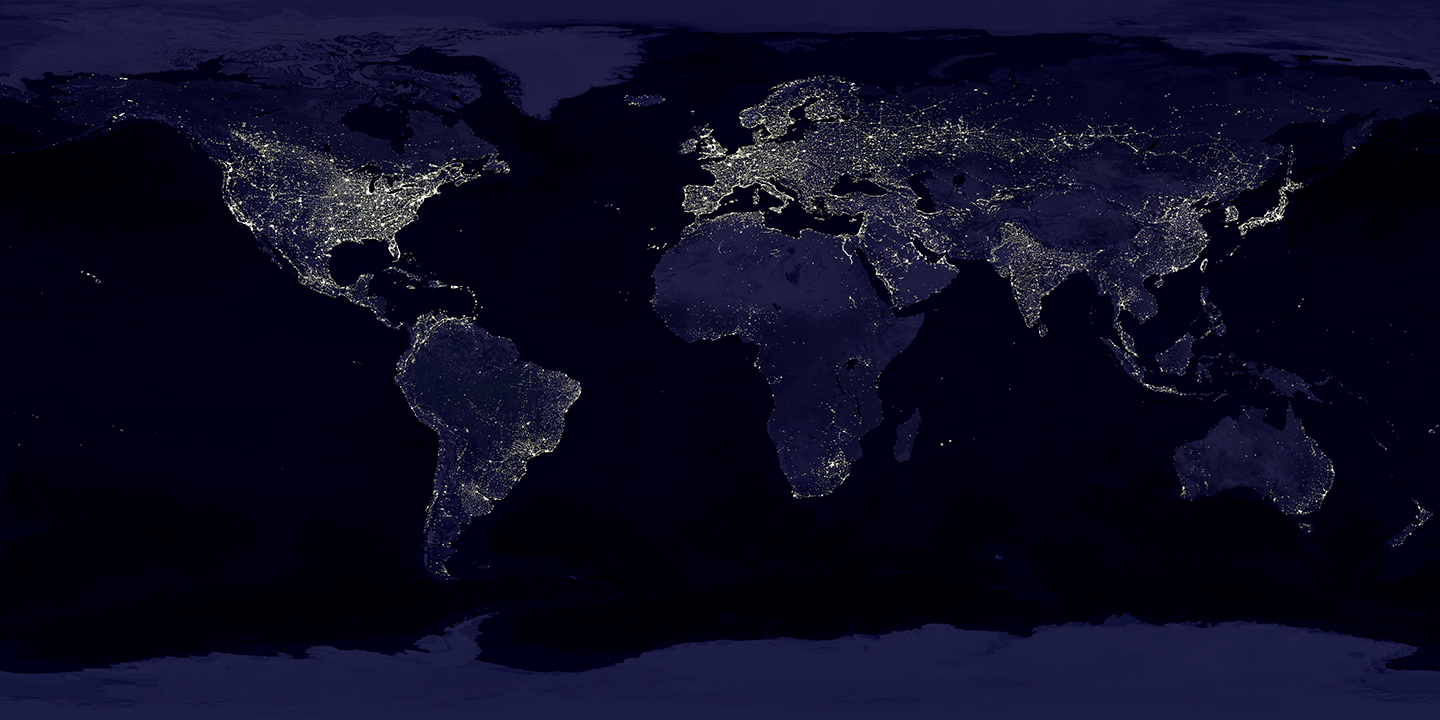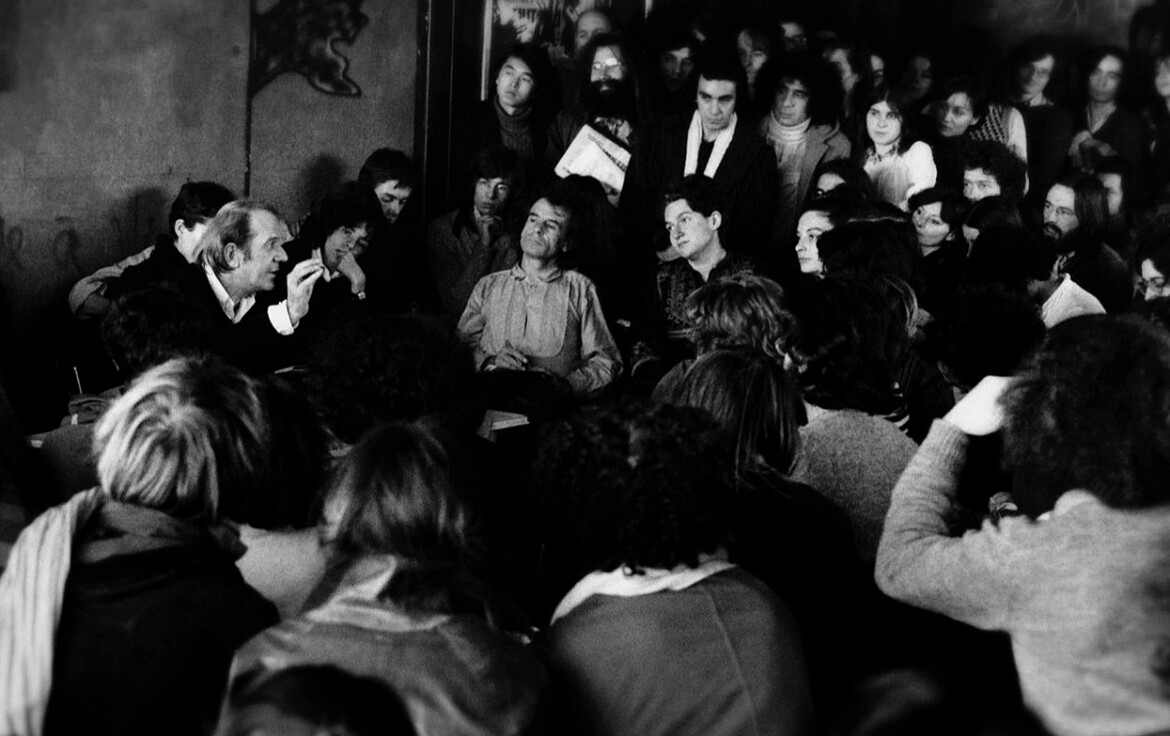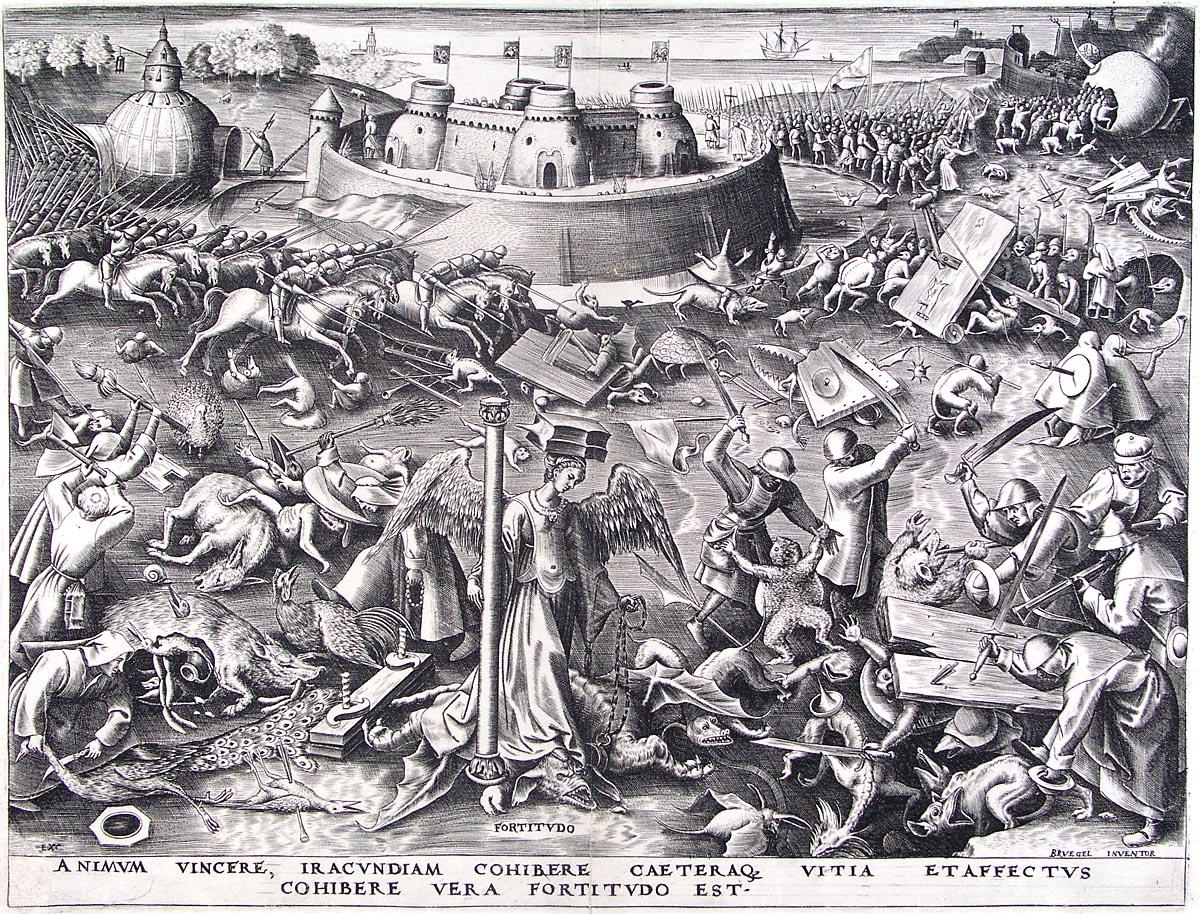
Pieter Brueghel the Elder, Fortitudo (1560).
Reculer pour mieux sauter.
—Hegel
Certain concepts should not be left to the wrong side. This is why I will attempt to think through how a crisis of courage can be conceived and what it would mean to rework the concept. Recently, Marcia Sá Cavalcante Schuback has provocatively observed that the paradoxical dynamics of globalized capital, and thereby of global capitalism, resemble an Aristotelian unmoved mover around whom everything turns and which—like the Aristotelian God—is so self-satisfied that it never moves a single bit and never alters, not even minimally, its fundamental principle, for value cannot not beget more value.1 But what it moves—and this is my addition to Schuback—it moves in all possible directions. For there is ultimately no systematic necessity for capitalism’s movement to take any progressive or more inclusive turn. Today it often operates more efficiently through regression and exclusion, even bringing back forms of domination that seemed to have been already overcome. Rebecca Carson demonstrated that Marx highlighted the inherent possibility of capitalism to regress to personal domination, even though for some time it seemed to rely solely on forms of structural and impersonal domination, to refer to Postone’s influential conception.2 There is an inherent possibility for fallback, regression, or, to speak Hegelese, Rückfall, relapse. This relapsing tendency of capitalism validates Marx’s claim from the Poverty of Philosophy: “l’histoire avance par le mauvais coté” (history advances through its bad side). At least sometimes.
Such worsening can also affect the very concepts by which we conceive such relapses. Recently, this happened to the concept of capitalism itself, as the debates around techno-feudalism have demonstrated. Thus relapsing can impact the modes whereby we think to counter it. This implies that more than material conditions affect the ways in which one thinks, even though this certainly can be true and often is. One needs also to be dialectically attuned to one’s present historical conjuncture and its ideological and theoretical repercussions.
Foucault coined the fortuitous expression “courage of the dialectic”: this comes in, I would suggest, when one encounters a historical parapraxis, moments where something does not properly work, where there is a gap or rupture in the existing structure that necessitates taking a leap.3 Such dialectical attunement is needed if one wants to claim, as I would like to, that to think philosophically means to think more than just philosophy. One must think of philosophy in such a way that it is affected by—and thus needs to conceive—what happens in practices of thought outside of it. Emancipatory historical transformation derives not from what is but from something that manifests itself in the form of what Adorno named an addendum: “The addendum has an aspect which under rationalistic rules is irrational.”4 Dialectical attunement to historical conjunctures allows us to be on the lookout for both emancipatory and relapsing transformations of those concepts that allow us to identify historical transformation itself.
Concepts lead a life of their own and also often have a unique half-life. A concept like freedom, obviously, has a history and is linked to the practices in which it was invented and transformed time and again. But it can be also be used for regressive purposes and has even become a means of domination; the form of domination by means of the signifier “freedom” is something that, I would contend, capitalism has brought into the world. But concepts can also run out of steam or end up in a deadlock. Rimbaud proclaimed, “L’amour est à reinventer, on le sait” (Love must be reinvented, we know that). Such reinvention is needed when a concept has reached a historico-conceptual limit and one knows it—e.g., love needed reinvention as it was unable to grasp homosexual love. But a concept can also become so saturated or exhausted that it is or may seem invalidated. (Many think this is true for the concept of communism.) Then there is a choice: one can either give up the concept or attempt to work with its impossibility, if one knows where this impossibility lies. The latter entails a wager, which commences with the attempt to work with our knowledge of what seems impossible. Spinoza defined the desire to put one’s knowledge to work in one’s life as an act performed with fortitude, an act of courage.5 Even though fortitude seems to come with militaristic or Christian connotations, for Spinoza it was rather an expression of the desire to put one’s knowledge to work in one’s life. Fortitude means that one forces one’s knowledge to be practically effective so that it expands and can be shared with others. But as Susan James recently argued, there can be a crisis of fortitude, and then we have on our hands a crisis of knowledge, an inability to act on what we know. Fetishist disavowal—I know very well, but nevertheless …—is an index of such a crisis.6
The idea that concepts can become saturated is not new. Marx depicted the exhaustion of the idea of class struggle and historical agency in his Eighteenth Brumaire. There he analyzed the strange conjuncture in which the supposed motor of history, class struggle, led to a peculiar regression: the democratic abolition of democracy and the restoration of an emperor. Julien Gracq once called this text a “gaya scienza of the apocalypse” as it seemed to depict an invalidation of crucial elements of any Marxist position.7
Jonathan Lear has, in a different vein, traced the conceptual transformations that a virtue can undergo. A change in one’s environment can be so profound that the validity of the frame of our action changes. Lear’s case is that of the Crow nation, located primarily in southern Montana, and concerns how they dealt with the maintenance of their own culture when the Buffalo disappeared, on whose existence their life had previously depended. This disappearance fundamentally changed their way of life, and their martial concept of courage had to be reinvented “when [this] history came to an end” and “exhaust[ed] itself.” It now had to “include the ability to live well with the risk of conceptual loss.”8 The objective impossibility of continuing as before created pressure to reinvent a crucial component of the self-understanding and cultural practice of the Crow nation. But it takes courage to face “the loss of the institutions and practices that maintain our personal and political identities.”9
Wendy Brown’s exploration of a “post-masculinist courage” follows a similar logic.10 It takes courage—I am forcing Lear a little—to maintain courage in times when courage seems to have become impossible. Because it means to work with the anxiety of having lost it. The trouble is then to distinguish between anxiety and courage in the first place. For what does it mean to have courage to maintain courage when one does not know how to do so? Politically, this raises the question of courage in times of defeat, counterrevolution, or disorientation, like ours. What requirements does such courage need to fulfil? What is a “courage to life,” in Ernst Bloch’s terms, a Lebensmut, that breaks with “the murmur that constantly assures everyone that it feels so bad and nevertheless leaves things at that”—a courage that is a Mut zum Merkwürdigen, a courage to explore the odd, the queer, the extraordinary, the noteworthy; an Aufbruchsmut, a courage to depart, but also to crack and force open, to crack up, even oneself.11
With these considerations in mind, I will sketch a brief series of conceptual scenes of courage, as a prolegomenon to a renewal of the concept, in five episodes.
Foucault on the Courage of Truth
In 1983–84, Foucault gave the last of his Collège de France lectures, on the “courage of truth.” This was part of his examination of parrhesia, of truth-telling or outspokenness, which he earlier defined as “a way of binding oneself to oneself in the statement of truth … and in the form of a courageous act.”12 Becoming the author of one’s own life is linked to courageously speaking one’s truth. Foucault discovers in the courage of speaking the truth a forgotten ethical foundation of Athenian democracy that ultimately provided a necessary condition for the emergence of philosophy.13 Such outspokenness demands that one aims to say it all “without hiding any part of it, without hiding behind anything.”14 The truth-teller is an ethical figure but because truth-telling is always addressed to another—it is constitutively a practice of (at least) two—it demands courage. For the other can always react in anger. But this very practice can also be turned against its own aim, because “everyone [can] express their opinion” of what can count as truth. Courageous truth-telling thereby oscillates between a practice of telling a universal truth and a problematic universalism that entails “the freedom for everybody to say anything”—the latter is what brings out the “drunks, [the] people who have lost their sense (… and are not reasonable), and those who share out public wealth and money between themselves.”15
When truth turned out to be a matter of opinion, universalist truth-tellers stopped being “respected, or worse … provoke[d] negative reactions, irritations, and anger.”16 The epitome of this decline is Socrates. The democratic universal access to courageous truth-telling produces conditions in which truth-telling is made impossible because its claim to universality seems to limit the universality of access. For Foucault, democracy proved unable to stabilize any proper ethical distinction between “true and false discourse.”17 This led to a de-democratization of courageous truth-telling: it became a discourse only addressed to the sovereign. Truth-telling is now linked to the concept of sovereignty, thus precipitating a new form of subjectivization, manifest in practices in which one aims to govern oneself.18 Foucault describes these as practices of “the true life” and “the life of truth” that one creates by repeatedly examining the life one leads. Thereby one aims at “an other life.”19 A true life-form is a life-form that others life. In such self-othering life, as Badiou once put it, “the heterogenous exists as subject: life is oriented by the production of a limit-truth that moves from identifying the limits of its form to a practice of going beyond them.20 This requires “the transformation of the subject” and of the idea of sovereignty.21
In 1984 Foucault publishes a commentary on Kant’s “What is Enlightenment?” Therein he identifies a crucial question of modern thought: philosophy must “reflect on its own present” and thus cannot but be the thought of its own time.22 It is philosophy which courageously articulates the truth of its own time to this time. Ancient and genuinely modern philosophy can ultimately be aligned as practices of courageous truth-telling. They seek “to disturb and transform the mode of being of subjects.”23 Philosophy is disturbance. This is why Kant’s enlightenment is defined negatively, as a courageous act of exiting the given conditions of existence.24 It demands the “difficult attitude” that endorses that there is “something eternal that is not beyond the present instant, nor behind it, but within it.”25 Truth-telling aims to identify something that in time is more than just time: landmarks of time, negative eternity. It is through them that one is able to “imagine [time] otherwise than it is, and to transform it not by destroying it but by grasping it in what it is.”26 Courageously speaking the truth of the present to the present is what can change the present. This is the “historico-political test of the limits that we may go beyond.”27 Kant’s courageous critical theory, in Foucault’s eyes, attempts to localize the historically specific points of the impossibility of a time, wherefrom one can courageously determine its truth, and attempt to create another passage. Lack of courage is thus a lack of historicity proper.
Continued in Part 2
Marcia Sá Cavalcante Schuback, “Penser, esquisser: la limite illimitée entre philosophie et littérature,” in Limite-illimité, questions au Présent (Cécile Defaut, 2012).
Rebecca Carson, “Fictitious Capital and the Re-emergence of Personal Forms of Domination,” Continental Thought & Theory 1, no. 4 (2017).
Michel Foucault, The Courage of Truth: Lectures at the Collège de France 1983–1984 (Palgrave, 2011), 124.
Theodor W. Adorno, Negative Dialectics (Continuum 1981), 228. Similarly, Badiou claims somewhere that for a materialist, historical novelty is not derivable.
Susan James, Spinoza on Learning to Live Together (Oxford University Press 2020).
James, Spinoza on Learning to Live Together. See also Alenka Zupancic, Disavowal (Polity 2024).
Julien Gracq, Lettrines (José Corti 1967), 70.
Jonathan Lear, Radical Hope: Ethics in the Face of Cultural Devastation (Harvard University Press 2008), 3, 123.
Manu Samnotra, “Right Moments: The Kairos of Courage,” Critical Times 4, no. 1 (April 2021): xxx.
Wendy Brown, Manhood and Politics: A Feminist Reading in Political Theory (Rowman & Littlefield, 2002), 205–6.
Ernst Bloch, Atheismus im Christentum (Suhrkamp 1968), 269, 284. Courage allows one “to receive the uncanny without fear” (266).
Michel Foucault, The Government of Self and Others: Lectures at the Collège des France 1982–1983 (Palgrave 2010), 66.
Foucault, Courage of Truth, 77f, 174f.
Foucault, Courage of Truth, 10.
Foucault, Courage of Truth, 36.
Foucault, Courage of Truth, 37.
Foucault, Courage of Truth, 40.
Foucault, Courage of Truth, 40, 269f.
Foucault, Courage of Truth, 173, 245.
Alain Badiou, Theory of the Subject (Verso 2009), 95.
Foucault, Government of Self, 354.
Michel Foucault, “What is Enlightenment?” in The Foucault Reader (Pantheon Books 1984), 32–33.
Frédéric Gros, “Course Context,” in Foucault, Government of Self, 388.
Foucault, “What is Enlightenment?” 32.
Foucault, “What is Enlightenment?” 39.
Foucault, “What is Enlightenment?” 41.
Foucault, “What is Enlightenment?” 47.
